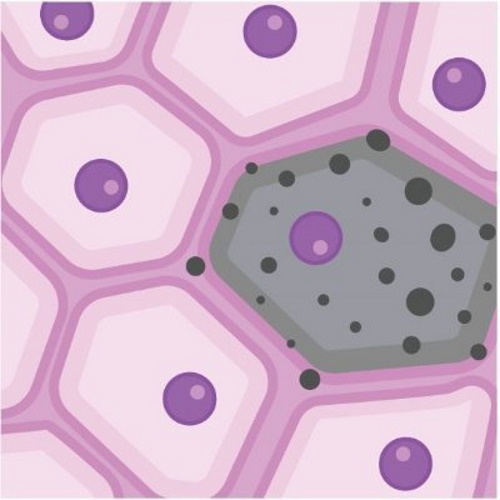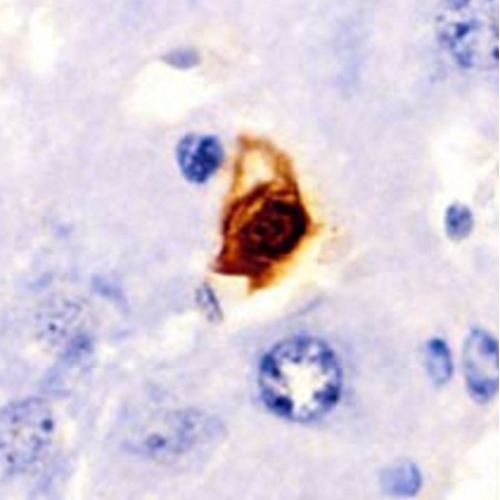Key points from article :
The National Institutes of Health (NIH) announced senescence-related project called Cellular Senescence Network (SenNet).
Invites scientists to collaborate on Tissue Mapping Centers, Technology Development and Application Projects, Organization and Data Coordinating Center.
Longevity experts agree that the initiative is very important.
“SenNet gives academics the chance to develop knowledge,” Aubrey de Grey, Head of the SENS Research Foundation.
“Starting from human material is extremely limiting for ethical and technical reasons," - Leon Peshkin, Harvard Medical School.
Requires an understanding of both the similarities and differences between species.
NIH issued a request for information on the best ways to incorporate murine studies in the initial project.
"Early-stage, pre-investable, yet goal-directed work needs just as much support as the curiosity-driven work," - Aubrey.
“A welcome shift in NIH priorities to supporting rejuvenation," - Peshkin.








